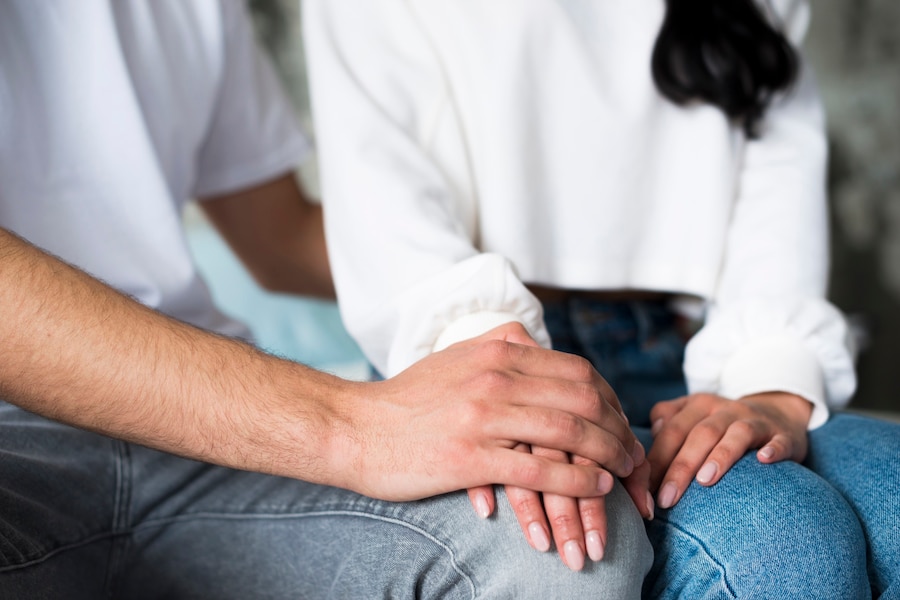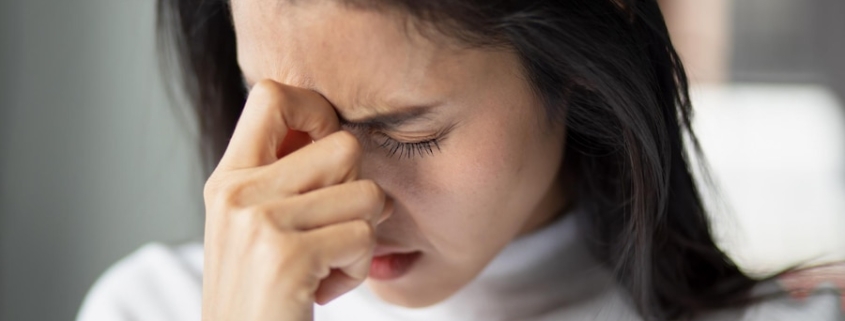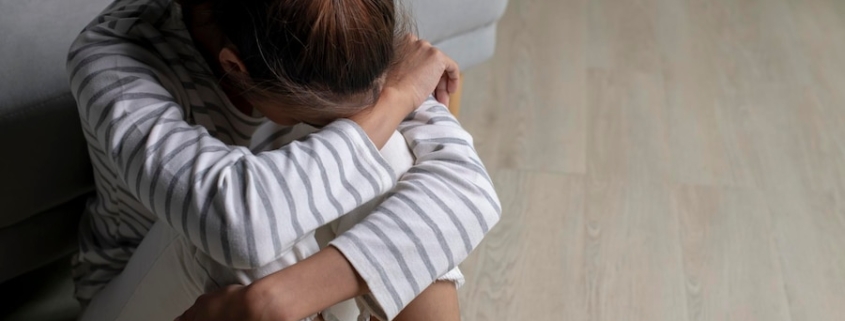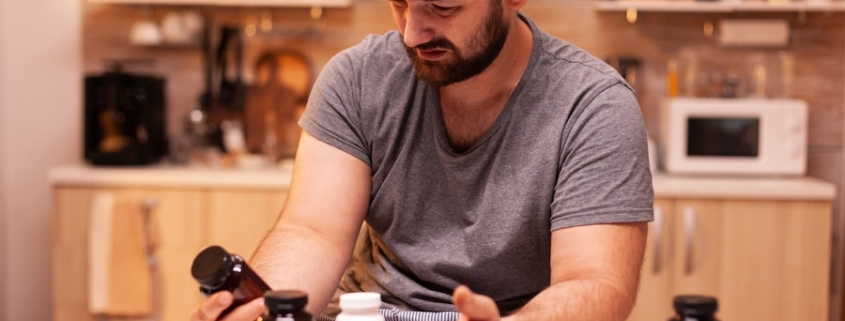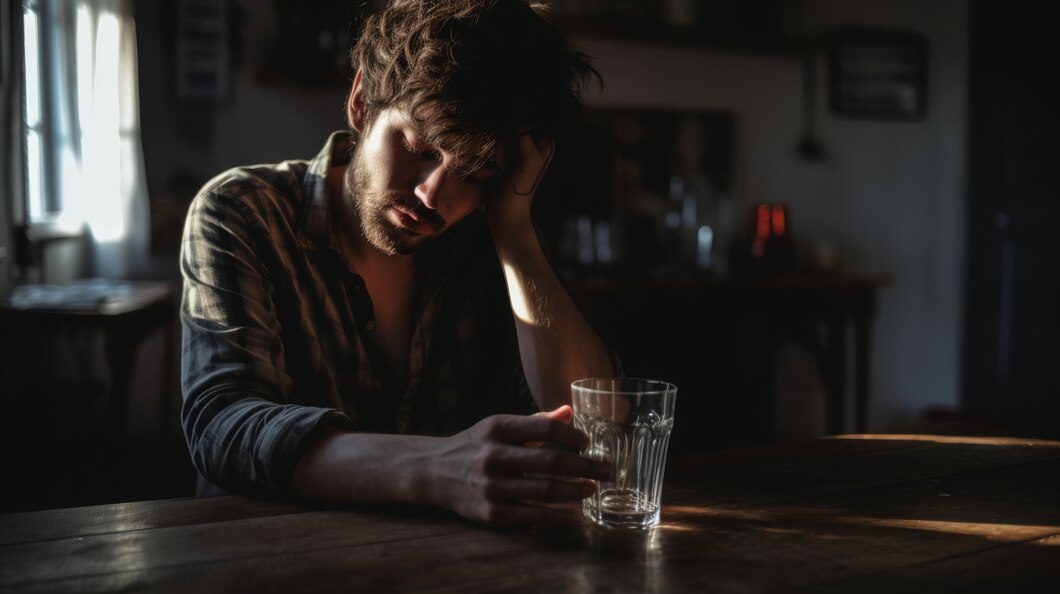A Guide to Addiction Treatment in Yavapai County, Arizona
The grip of addiction can be isolating, but when it affects a couple, the consequences can be even more devastating. Broken trust, strained communication, and a constant battle for control can leave both partners feeling lost and hopeless. However, there is hope. Yavapai County, Arizona, offers a diverse landscape of addiction treatment options, including specialized programs designed to help couples heal together.
This comprehensive guide dives deep into the world of addiction treatment in Yavapai County, with a particular focus on couples rehab programs. Whether you’re searching for yourself or for your loved one, this resource empowers you with the knowledge and tools to navigate the path to recovery.
Understanding Addiction in Yavapai County:
Like many areas across the nation, Yavapai County faces a significant challenge with substance abuse. According to the Arizona Department of Health Services, opioid overdose deaths have risen dramatically in recent years. (https://www.azdhs.gov/opioid/) This growing need has led to an increase in Yavapai County’s addiction treatment facilities, offering evidence-based therapies and support services to combat this widespread issue.
Major Cities/Counties in Arizona with High Drug Rehab Search Volume:
- Phoenix, AZ
- Tucson, AZ
- Mesa, AZ
- Glendale, AZ
- Chandler, AZ
- Scottsdale, AZ
- Gilbert, AZ
- Peoria, AZ
- Surprise, AZ
- Tempe, AZ (While not in Yavapai County, these surrounding areas may be looking for treatment options)
Why Consider Couples Rehab?
Addiction can significantly disrupt the dynamics of a relationship. Here’s how substance abuse can negatively impact a couple:
- Communication breakdowns: Addiction can hinder open and honest communication, leading to misunderstandings and frustration.
- Dishonesty and manipulation: The need to maintain an addiction can often push individuals to lie or manipulate their partners.
- Resentment and anger: Unmet needs and broken promises can foster resentment and anger, eroding the foundation of trust within the relationship.
- Financial strain: Addiction can have a significant financial impact on a couple, causing stress and instability.
Benefits of Couples Rehab:
Couples rehab provides a safe and supportive environment for partners to heal from addiction together. Here are some of the key benefits it offers:
- Improved communication skills: Couples learn methods for healthy communication, enabling them to express needs effectively and listen to each other with empathy.
- Rebuilding trust: Through therapy and shared experiences, couples can address past hurts and begin to rebuild a foundation of trust.
- Developing healthy coping mechanisms: Couples rehab equips partners with tools to manage stress and triggers without resorting to substance abuse.
- Relapse prevention: Couples develop comprehensive strategies for supporting each other’s recovery and minimizing the risk of relapse.
- Strengthened relationship: By addressing addiction head-on, couples can create a stronger, more supportive partnership built on trust and understanding.
Addiction Treatment Options in Yavapai County:
Yavapai County offers a spectrum of addiction treatment programs, catering to individual needs and preferences. Here’s a breakdown of the available options search the top 10 drug rehabs in Yavapai County AZ:
- Inpatient Treatment: Designed for individuals with severe addictions or requiring a structured environment for recovery, inpatient programs provide 24/7 supervision and support in a residential setting.
- Outpatient Treatment: Offering greater flexibility, outpatient programs allow individuals to live at home while attending therapy sessions, group support meetings, and other treatment components on an outpatient basis.
- Medication-Assisted Treatment (MAT): MAT combines medication with behavioral therapy to treat opioid addiction. Medications such as methadone, buprenorphine, and naltrexone help reduce cravings and withdrawal symptoms, making it easier to focus on therapy and other recovery efforts.
Choosing the Right Couples Rehab Program:
With so many options available, selecting the best couples rehab program for your needs can feel overwhelming. Here’s a guide to help you make an informed decision:
- Treatment Philosophy: Explore the different treatment philosophies offered by each center. Some may prioritize evidence-based therapies like CBT and motivational interviewing (MI), while others incorporate holistic approaches like mindfulness or experiential therapy.
- Level of Care: Determine whether an inpatient or outpatient program is more suitable for your needs. Inpatient programs offer 24/7 supervision, while outpatient programs allow for more flexibility.
- Amenities and Setting: Consider the type of environment that would best support your recovery journey. Some centers offer luxurious amenities, while others provide a more rustic experience.
- Insurance Coverage: Verify your insurance coverage and confirm which couples rehab programs are in-network with your provider.
- Couples Counseling Approach: Inquire about the specific approach used in couples counseling sessions. Some programs focus on strengthening communication through methods like the Gottman Method, while others utilize Emotionally Focused Therapy (EFT) or a more general couples therapy approach.
“Couples rehab provides a unique opportunity for partners to heal from addiction, not just individually, but as a unit. Through intensive therapy and shared experiences, couples can learn healthy coping mechanisms, rebuild trust, and emerge from the program with a stronger, more supportive relationship.” – Dr. David Lee, Couples Addiction Specialist
Actionable Tips for Choosing the Right Couples Rehab Program:
- Create a list of priorities: What are your non-negotiables in a couples rehab program? Is it location, cost, treatment approach, or amenities?
- Research different treatment centers: Look for facilities specializing in couples rehab and addiction treatment in Yavapai County. Utilize resources like the National Institute on Drug Abuse (NIDA) treatment locator: https://findtreatment.samhsa.gov/.
- Contact admissions staff at various centers: Ask questions about their programs, discuss your specific needs, and explore virtual consultations to get a better understanding of each facility.
- Involve your partner in the decision-making process: Collaborative decision-making fosters a sense of unity and increases the likelihood of success for both partners.
Beyond Treatment: Resources for Ongoing Support:
Recovery is a journey, not a destination. Here are some resources to help you and your partner maintain your progress after completing a couples rehab program:
- Support Groups: Joining a support group like Alcoholics Anonymous (AA) or Narcotics Anonymous (NA) can provide ongoing connection, encouragement, and accountability from others in recovery. https://www.aa.org/, https://na.org/
- Couples Therapy: Consider ongoing couples therapy sessions to maintain healthy communication and support each other as you navigate life’s challenges.
- Relapse Prevention Planning: Develop a comprehensive relapse prevention plan with your therapist to identify triggers and strategies for coping with them effectively.
- Mental Health Professionals: Individual therapy can continue to address underlying mental health issues that may have contributed to addiction.
The Power of Recovery: A Look at Success Stories:
Hope is essential on the path to recovery. Here’s a fictional success story to illustrate the positive impact of couples rehab:
Mark and Stephanie’s marriage was on the brink of collapse due to Mark’s struggle with prescription pain medication. Their communication had become strained, trust was shattered, and both partners felt hopeless. After researching options, they decided to enter a couples rehab program in Yavapai County. Through individual therapy, couples counseling, and group support, Mark and Stephanie learned how to manage stress without resorting to substance abuse, rebuilt trust through open communication, and developed healthy coping mechanisms. After completing the program, they remained committed to ongoing support groups and individual therapy. Today, Mark and Stephanie enjoy a strong, supportive relationship and are grateful for the second chance that couples rehab gave them.
Remember: You are not alone. If addiction is casting a shadow on your life or your relationship, Yavapai County offers a range of resources to help you reclaim your future. Couples rehab empowers you and your partner to heal together and build a stronger, more fulfilling relationship.
Top 10 Questions and Answers: Addiction Treatment in Yavapai County, Arizona
- What is addiction treatment, and why is it important?
Addiction treatment encompasses a variety of therapies and interventions designed to help individuals overcome substance abuse. It’s crucial because it addresses the root causes of addiction, teaches healthy coping mechanisms, and promotes long-term recovery.
- How does addiction affect couples?
Addiction can significantly strain a relationship by causing:
- Communication breakdowns
- Dishonesty and manipulation
- Resentment and anger
- Financial strain
- What are the benefits of couples rehab?
Couples rehab offers numerous benefits, including:
- Improved communication skills
- Rebuilt trust
- Development of healthy coping mechanisms
- Relapse prevention strategies
- A stronger, more supportive relationship
- What types of addiction treatment are available in Yavapai County?
Yavapai County offers various treatment options, including:
- Inpatient rehab: 24/7 supervision in a residential setting
- Outpatient rehab: Flexible treatment while living at home
- Medication-assisted treatment (MAT): Combines medication with behavioral therapy
- What factors should I consider when choosing a couples rehab program?
Consider treatment philosophy, level of care (inpatient/outpatient), amenities, location, cost, insurance coverage, and the couples counseling approach used.
- Is couples rehab expensive?
Costs vary depending on program intensity, duration, and amenities. Many facilities offer sliding fee scales or work with insurance to make treatment more accessible.
- What happens after couples rehab?
Ongoing support is vital after treatment. Consider support groups, individual therapy, and relapse prevention planning to maintain progress.
- Can I find free or low-cost addiction treatment in Yavapai County?
Government-funded and non-profit facilities may offer free or low-cost treatment options. Contact your local health department or search for resources online.
- What if my partner is resistant to going to rehab?
Motivate your partner by expressing your concerns, researching treatment options together, and offering support throughout the process.
- Where can I find more information about addiction treatment in Yavapai County?
Look for resources online from reputable sources like the National Institute on Drug Abuse (NIDA) or contact addiction treatment centers directly to discuss your needs.




